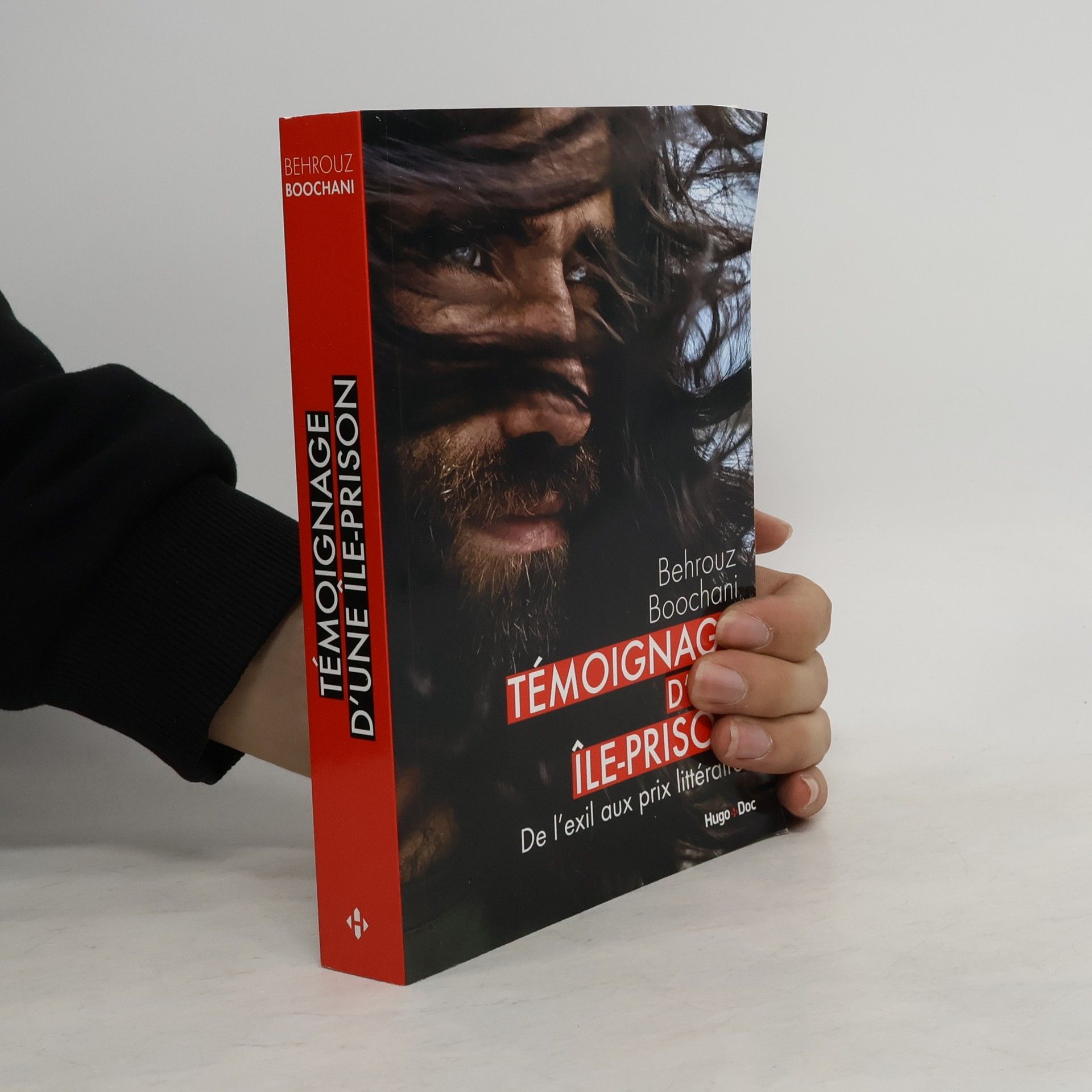Creating New Languages of Resistance
Translation, Public Philosophy and Border Violence
- 252 Seiten
- 9 Lesestunden
Focusing on creative resistance, this work reflects on Omid Tofighian's 25 years of engagement with displaced, exiled, and incarcerated communities. It delves into significant themes such as epistemic injustice, kyriarchy, and border violence, offering both intellectual insights and personal experiences. Through this exploration, the book aims to foster new ways of understanding and articulating resistance against oppressive systems.

